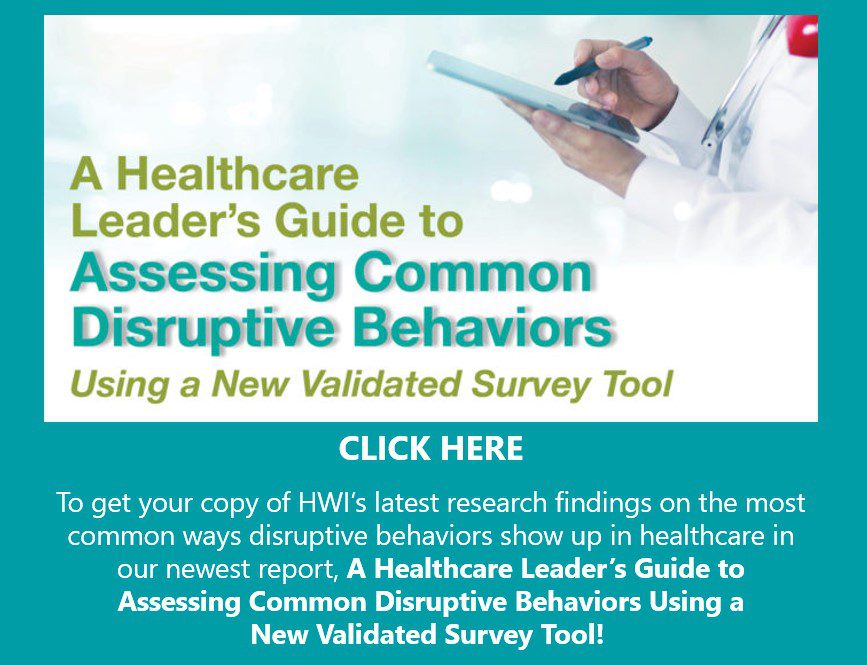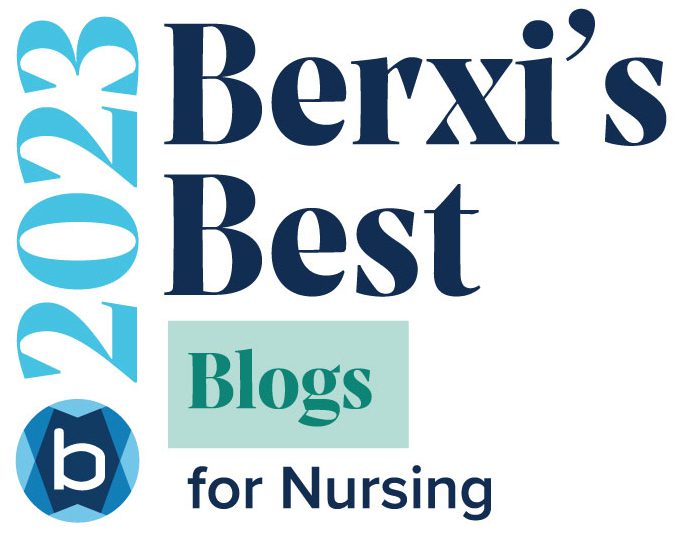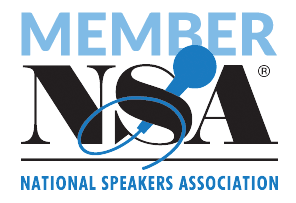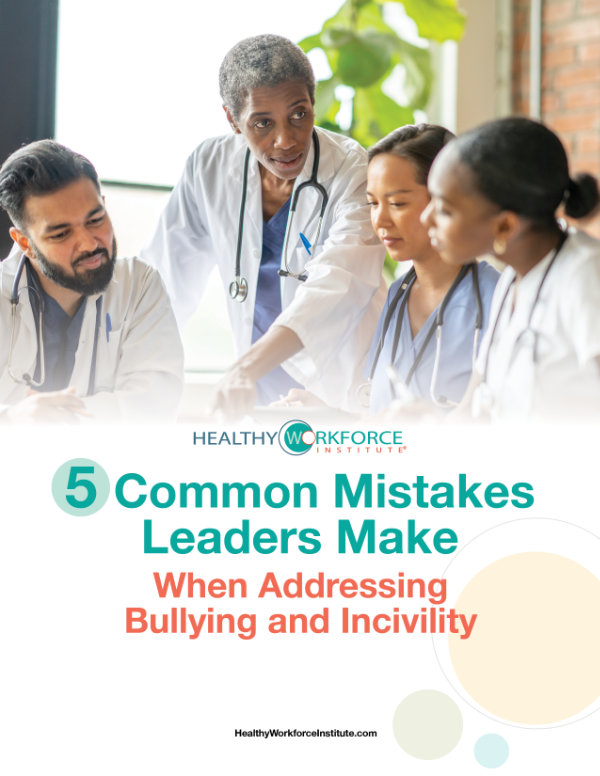 The public has ranked nurses the most trusted of professionals for 19 years in a row – number one for nearly two decades. Members of the healthcare team in general rank among the most honest and ethical of all professions. Building high trust teams, therefore, is essential for healthcare organizations to effectively care for patients. After all, patients and the public place incredible trust in nurses and the medical community.
The public has ranked nurses the most trusted of professionals for 19 years in a row – number one for nearly two decades. Members of the healthcare team in general rank among the most honest and ethical of all professions. Building high trust teams, therefore, is essential for healthcare organizations to effectively care for patients. After all, patients and the public place incredible trust in nurses and the medical community.
But do we have that same trust in one another?
Trust is one of the most important elements of any relationship – personal and professional. Why? Because trust is the foundation of everything we do, what we believe in, and how we function as a society and with others. Without trust, our core beliefs and relationships crumble. Healthcare is all about relationships. With patients, families, and our colleagues. No one works in isolation in healthcare. Collaboration and teamwork are essential, and trust is the foundation for both. If you are in a leadership role in nursing, one of your core competencies is to build and maintain trust with and among your team.
What Builds Trust and Leads to High Trust Teams?
When looking at evidence-based competencies for nurse leaders, many of them speak to what breeds trust and leads to a high trust team:
- Building relationships
- Effective communication
- Accountability
- Ethical conduct
- Expert knowledge
However, are healthcare organizations deliberately providing their leaders with the skills they need to build high trust teams? How important is building trust, especially when there are so many competing priorities?
What is trust and how can leaders build a high trust team?
Trust has been measured and researched and defined by many. Here is a definition I like to use:
Trust is assured reliance on the character, ability, strength, or truth of someone or something.
Words commonly associated with trust include truth, integrity, justice, reliance, and authenticity – all-powerful words. Trust is powerful. Reflect on your closest relationships and how deeply meaningful they are to you. You would not have those deep personal connections if you didn’t have trust. Now think of that trust being betrayed. Or being deceived by someone or something you deeply believe in. That hits you at your core.
Trust is fundamental to our being. If you remember Erikson’s theory of psychosocial development, the first stage, starting at birth, is trust versus mistrust. Infants must experience predictable and reliable care so they will develop a sense of trust and the ability to move through subsequent stages of development.
Trust is a form of psychological safety.
There is an actual physiological response associated with trust. When we feel safe, our body releases oxytocin – the “feel good” hormone. When we don’t feel safe (lack of trust) our fight or flight response is activated. We are on guard, on alert, and there is a heightened sense of warning. Trust and safety are bedrocks of healthy relationships and healthy workplaces. We feel better and experience less stress when working with a high trust team.
Why is a high trust team so important?
Trust in teams has been studied extensively. A recent study by Google showed that the greatest predictor of high performing teams is trust. Studies also show that trust in the workplace has direct, positive impacts on commitment, collaboration, conflict resolution, motivation, retention, well-being and job satisfaction. These positive outcomes also impact quality patient care – an important outcome we are all focused on.
On the flip side, a lack of trust among team members and/or between the team and leadership results in decreased collaboration and engagement, and feelings of being threatened. Team members are less likely to ask for help and more likely to jump to negative conclusions about one another. The impacts on patient care are increased errors and mistakes. We know that many patient care errors are the result of ineffective communication on some level. Where there is a lack of trust, there is a lack of effective communication. Let’s add this question to our analyses when things go wrong as a systems issue, not a blaming issue: “Do the team members trust each other?”
How to Build a High Trust Team
Trust is essential in any work setting, but in healthcare, there are added elements that make it even more important for teams to foster trusting relationships and a trusting culture: high levels of stress, emotion, uncertainty, vulnerability, and illness to name a few. As leaders and employees, you can adopt behaviors that develop and solidify trust within your team even in your demanding work environments.
Remember that trust is not a given and cannot be assumed, it must be developed and earned. Here are some key behaviors to adopt and reinforce. Maybe you are already doing these or some of these. I encourage you to make them all regular habits.
• Build Positive Relationships
The most important element in trust is rooted in positive relationships – demonstrate genuine concern for others, resolve conflict in a supportive and positive way, show and verbalize praise and positive acknowledgment for people’s contributions, and role model collaboration and cooperation.
• Make Good Decisions
Another fundamental component of trust is showing good judgment and expertise in decision-making. This makes others feel safe in your presence. Think about the pilot flying a plane during turbulence. When the seatbelt sign comes on and the plane starts shaking, you are uneasy and nervous. Then you hear the pilot’s calm, reassuring and confident voice. How do you feel? You likely feel safer, knowing that person has the skills to handle things and is in full control. BE the pilot on your team.
• Be Consistent
Another key trusting behavior is consistency. Honor your word and your commitments. Follow through on responsibilities. No one feels safe with unpredictability and uncertainty. But they do feel safe when they know and can predict what to expect from you.
These key behaviors will absolutely build trusting relationships with your staff and set the tone for a high-trust culture.
“Trust is the glue of life. It’s the most essential ingredient in effective communication. It’s the foundational principle that holds all relationships.” ~ Steven Covey.
This article was written by guest writer Michelle Doran RN, MS, NPD-C













